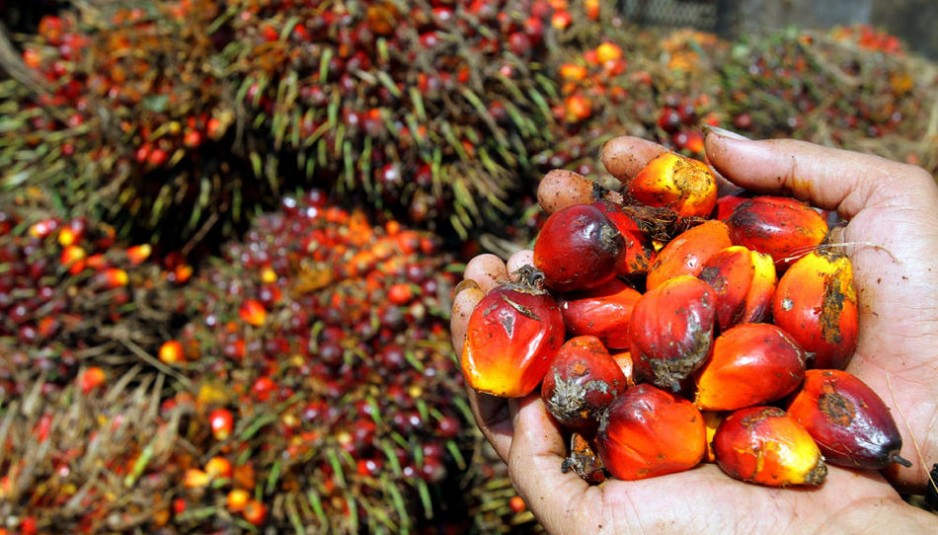There is an old saying that “what we eat today walks and talks tomorrow.” We are what we eat and as Cervantes put it, “the stomach carries the heart and not the heart the stomach.”
Adequate exercise, restful sleep, peace of mind bathing etc. are all necessary to physical fitness, but these will all be of little value if the basic nutrition is at fault. Nutrition is King.
Today, research scientists are becoming increasingly aware that germs are not the primary cause of disease and the modern science of biochemistry is opening up new vistas revealing the importance of nutrition and the role it plays in health and disease.
With cardiovascular disease being the number one killer in the western world today, our attention is inevitably drawn to the role of nutrition and exercise. Both have been shown to help, but neither appears to provide all the answers.
Did you know that even a few extra inches around your tummy might signify a build-up fat and plaque in your precious arteries?
Let’s face it — belly fat is both unattractive and unhealthy. People who have more of an apple shape have an increased risk of heart disease and cancer, even if they are at a normal weight.
Fortunately, losing just 5% of your body weight could drastically reduce your odds of developing heart disease. This is done through eating a reduced portion of food and exercise.
Practically, a resting pulse rate which is termed as too fast in comparison with a normal resting heart rate reflects a weak heart. This heart, however, has to beat frequently to keep your blood flowing through the arteries and veins and keep you alive.
Hypertension (High blood pressure) is a condition in which you have too much cholesterol in your blood. By itself, there are no signs or symptoms.
Arteriosclerosis means hardening of the arteries; atherosclerosis means narrowing of the arteries due to fatty deposits. Most of us have some degree of both. When the condition becomes more pronounced, blood pressure begins to increase.
Coronary heart disease is a condition in which plaque builds inside the coronary arteries. Over time, plaque hardens and narrows the arteries leading to the heart. This limits the flow of oxygen- rich blood to the heart. A clot can form on the surface of the plaque if it breaks open, that can stop the oxygen rich blood from flowing to the heart – hence chest pain, on noticing that quick treatment should follow, in extreme cases a heart attack can occur.
On the other hand, plaque can also build up in other arteries in the body, such as the arteries that bring oxygen-rich blood to the brain and limbs. This can lead to problems such as stroke.
Heart disease is associated with issues of excess cholesterol in the blood, not cholesterol as it were. Cholesterol includes high-density lipoprotein (HDL), and low-density lipoprotein (LDL). Let us note that cholesterol is essential for the body as it needs some cholesterol to make hormones e.g sex hormones, vitamin D, and substances that help you digest foods. A correct ratio of LDL and HDL is necessary for a balanced function of cholesterol in the body. What makes LDL be labeled as bad is because an excess of it in the blood leads to a build-up of cholesterol in the arteries. Meanwhile, HDL takes cholesterol back to the liver to which removes it from your body.
Vitamins A, C, and E and Selenium help prevent the cellular damage that may underlie these problems.
Man has evolved from hunting and subsistence farming that comprises modern human technology and ecology. Without these developments, man would not have been able to provide for the billions of people that are in the entire world today. This evolution from rural methods to industrial methods include fertilizers, GMO methods of mass production of staple foods, fruits, and vegetables having a large enough quantity used for export.
Food that was at a time scarce by nature because hunting required patience and effort – spanning from hours of search to days, had suddenly become in the industrial boom readily available. Man could easily get food and he no longer had to wait to feast with his community or family groups.
This led man to begin to practice two things:
Eating at random hence over eating, and a more sedentary lifestyle.
Random eating – not carefully planning to eat – hence overeating or being under nourished (meaning not having a nutrient rich diet).
In the course of this evolution, what we term as “foodless food” has come to exist, these are foods which have no nutritional value.
What to do to reduce excess cholesterol in the blood
The simplest way is to reduce the intake of everything you are consuming by half. The saying “too much of everything is bad” is true.
If you are overweight or obese this should be reduced.
Foods that have transfats (processed foods and fast foods that are deep fried in oil, margarine) these avoided as much as possible, while saturated fats should be reduced these include fatty meat, poultry skin and fat dense oils like palm oil and coconut oil, butter and some creamy dairy products, they are not totally unhealthy but should be reduced to a great extent.
Cut your high-calorie drinks and regular fast foods
Most of us would like to enjoy a sugary coffee or soda every once in a while. Some people even make juices their only meal. Our bodies consume solid and liquid calories differently.
You feel ‘more’ full with solid calories in comparison to high-calorie drinks and fast foods that have high saturated fats and transfats. Chewing a crunchy carrot or roasted corn is any day a better option than having many sugary drinks to achieve the same level of satisfaction and fullness.
Exercise regularly
As you grow older, it becomes increasingly difficult to set a routine for regular exercise due to more pressing commitments.
There are many exercises to practice, the best one is always the one you enjoy and you can consistently practice it.
Walking for 2.5 hours a week — that’s just 21 minutes a day — can cut your risk of heart disease by 30%. In addition, this do-anywhere, no-equipment-required activity has also been shown to reduce the risk of diabetes and cancer, lower blood pressure and cholesterol, and keep you mentally sharp. In fact, according to some estimates, walking regularly could save Africa alone over $100 billion a year in health care costs.
Weigh yourself often
Checking your weight often, even on a daily basis, helps you keep your weight in control. You have to check which way you prefer, some people like myself prefer to weigh once a week so as not be disappointed by the fluctuations of weight due to the things we eat daily. An increase in weight does not always mean fat increase, it could be water increase, which leaves the body after a day or some hours.
On the other hand, if the increase persists or increases yet again, then you will know it is fat. A slight tilt of the scale can be enough to make you alter your diet plan so that you do not, unknowingly, gain excessive weight.
Listen to your body signals
Be attentive and responsive to the signals that your body gives you. Ignoring such vital signals can lead to repercussions like a weak immune system, discomforts or avoidable weight gain.
Inspite of your busy work schedule, pay attention to nagging signs such as prolonged headaches or any changes in your body should be shared with your doctor, because sometimes that is all the signal you need to arrest a serious health situation. Seek expert professional guidance as and when it is necessary to do so.
Fidget at your desk
A sedentary lifestyle can have many undesirable consequences. Obesity, cardiovascular disease, type II diabetes and premature death are only some of them.
Sitting the whole day long at your desk could do much harm to your health. Undo at least a part of it by fidgeting or pacing. Get up occasionally from your desk and walk a few steps
Harvard medical school has identified some cholesterol lowering foods.
Namely oats, beans, eggplant and garden eggs, nuts, vegetable oils, fruits, okra, soy, fatty fish – mackerel (Nigerians nick name it Titus), salmon and sardines, foods rich in fiber.
The breakdown of the nutritional value of cholesterol lowering foods will be elaborated in our next article.


